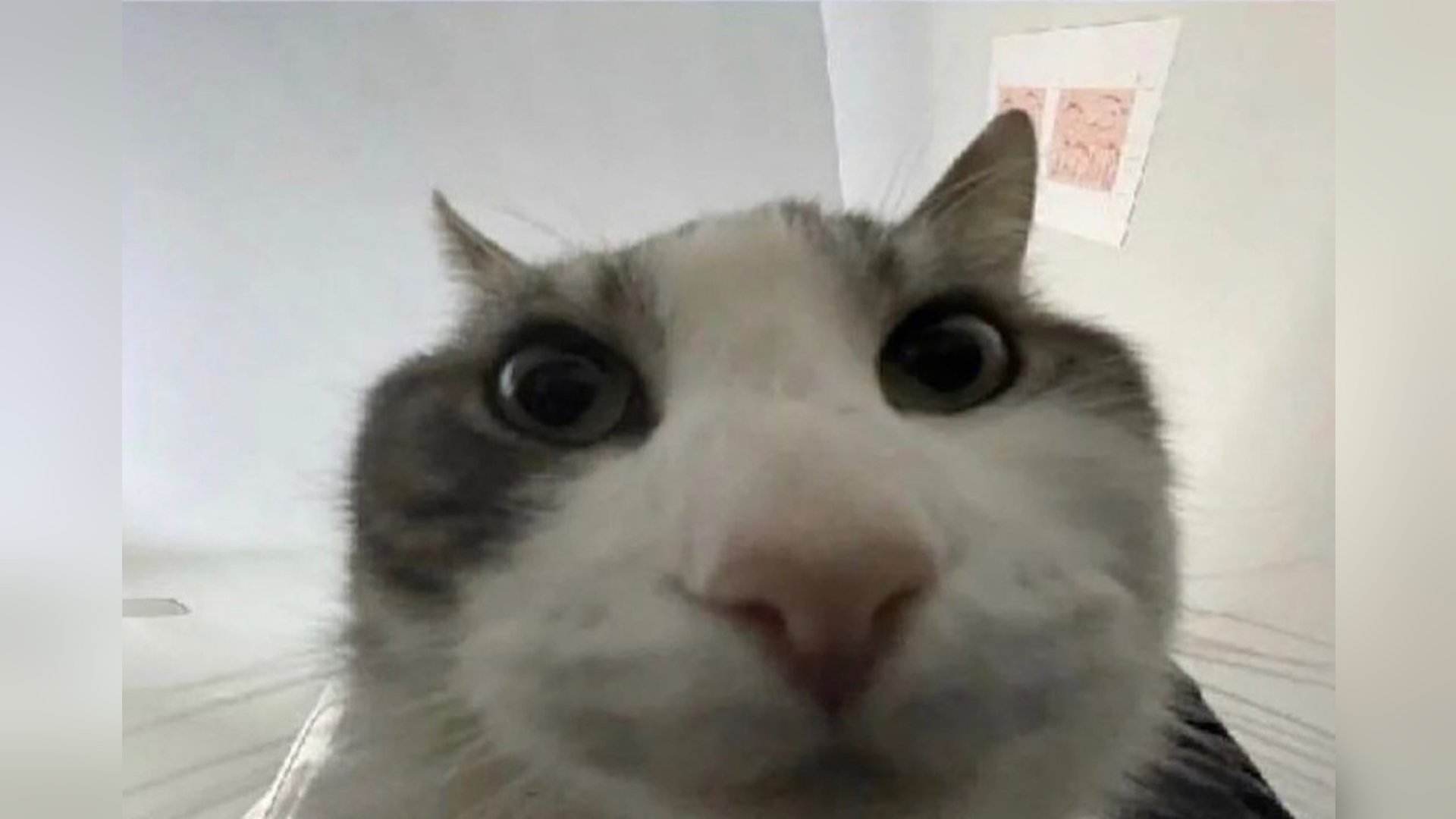Lets take a little break from politics and have us a real atheist conversation.
Personally, I’m open to the idea of the existence of supernatural phenomena, and I believe mainstream religions are actually complicated incomplete stories full of misinterpretations, misunderstandings, and half-truths.
Basically, I think that these stories are not as simple and straightforward as they seem to be to religious people. I feel like there is a lot more to them. Concluding that all these stories are just made up or came out of nowhere is kind of hard for me.


I think it’s hard to find “true experiences with the supernatural” credible because even if the person believes it happened: humans make for awful sensors. They might feel warm when they’re cold or vice versa. They regularly see things that don’t exist. More than half of us appear to be some kind of moron.
And why would a ghost be unmeasurable? Why could something be truly ethereal when everything ever measured or recorded is not? Plus, the seemingly random limitations on any sort of fairy, ghost, or deity make it pretty much dead in the water as far as theories go. Imagine this, you’re some kind of land-god of wealth and/or stealing and potentially eating babies. But you go years or decades without fulfilling your own theme or being seen by humans? And you can’t leave your territory as defined by human maps like you need permission from city councilmen?
All of this on top of the belief I hold that life is a culmination of billions of tiny mechanisms that, upon systemic failure, result in something akin to gears no longer turning in a clock means: either machinery and electronics all have “souls” or humans don’t. Where would you draw the line? Do waterfalls have souls? The grand canyon? Dogs?
So pretty unlikely, all things considered.
People do not understand that visual hallucinations can happen to anyone when they are sober. Our brains are not perfect machines.
https://www.psychologytoday.com/us/blog/the-asymmetric-brain/202212/new-research-shows-how-common-hallucinations-really-are
And I’m guessing the other 15.2 either didn’t remember or didn’t really understand the question.
It’s even more a problem with hearing things that aren’t there or, far more commonly, just hearing something but misidentifying it. The whole EVP thing that “paranormal investigators” are so fond of is all about hearing a sound and just assuming that sound is a voice because of our flawed brains (and flawed ears).
Humans seem to be wired to be like this. That’s why pareidolia is a thing.
https://en.wikipedia.org/wiki/Pareidolia
Honestly, 15% sounds like it’s right in the range of the number of people who will just lie on surveys - be it purposefully or not – in order to present a superior version of themselves to a piece of paper.